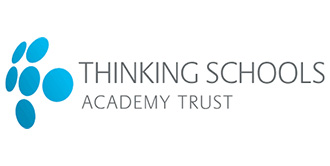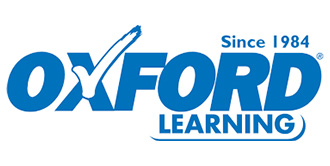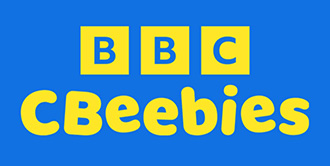Helping Children and Young People to think for themselves

“Education is not learning the facts, but the training of the mind to think.”
– Albert Einstein

Windmill Hill Primary School has been working towards becoming a ‘Thinking School’
Our aim is to embed the Thinking School approach across the whole school with a desire to develop independent thinkers and learners.
We believe one of the most important aims of education is to teach students HOW to learn – both in school and beyond. But how do we ‘learn how to learn’? How do we know what we’ve learned and purposefully direct our own future learning?
Metacognition helps learners increase their awareness of how they are learning to become better at it.
In school we are continually developing strategies and ideas for implementation in the classroom. We believe it is important to reflect on our own learning, try out ideas and develop our own metacognitive skills.
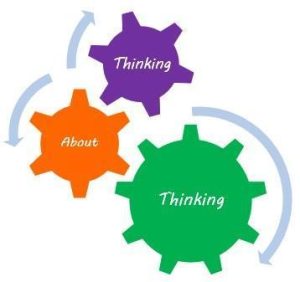
What is a Thinking School?
A Thinking School is unique in their focus to share with your child the tools to become a life-long learner, and to develop the best possible habits for success in life. It is an educational community which involves both students and staff learning how to think reflectively, critically and creatively. A Thinking School is more than just a title, to become one the school has to earn the Thinking accreditation from Exeter University.
Our Vision
We want every pupil in our school to be inquisitive and confident in themselves. We are working hard developing the thinking toolkit which is how we support them through this journey. We want every pupil in our school to be inquisitive and confident in themselves. We are working hard developing the thinking toolkit which is how we support them through this journey.
These tools are used in tandem with an approach to teaching that instils a growth mindset and ‘can do’ attitude. Through their time in a Thinking School, pupils will develop the right habits to ensure they are successful throughout education and beyond.
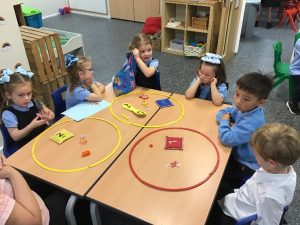
Thinking Schools - Our Aims
In embarking on this exciting journey, our aims and ambitions include:
- Inclusion and acceptance that all children are capable of thinking and improving their capacity to think – we just have to create opportunities and levels of challenges that fire them up and ignite the pathways in their brains.
- Gaining a deeper understanding of metacognition and its impact upon attainment, progress, independence and future success for our children.
- Thinking, independence and co-operative learning skills become explicit and visible and the curriculum makes sense to pupils.
- Increase in pupil enjoyment and satisfaction in learning – this in turn impacts positively upon pupil interactions and the levels of understanding and consideration they are able to show to their peers.
- Improved levels of achievement and attainment for all learners.
- Benefits felt by both staff and pupils alike in terms of positive psychological wellbeing.
Metacognition
Our team of dedicated staff will need to be specially trained and methods will need to be introduced into the curriculum for teaching the skills of thinking and metacognition.
Metacognition is: Thinking about thinking, learning about learning and knowing how you learn best. It also involves knowing your own strengths and being able to identify the thinking strategies you can use to address any gaps or areas for development. The greater the understanding, the greater the independence and the progress that can be made.
The Thinking School approach is founded in the very latest and most robust ‘evidence-informed’ approaches to teaching and learning, feedback, recording and marking.
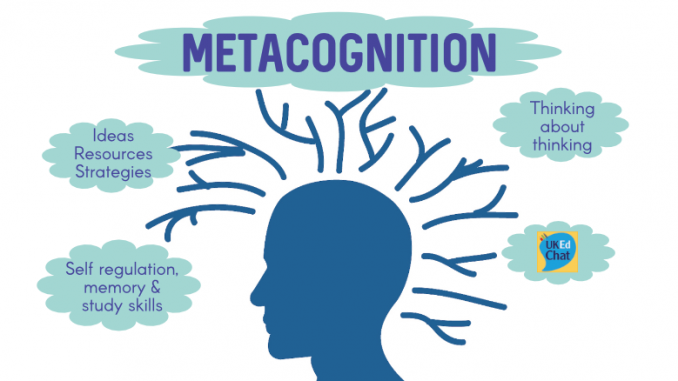
Thinking Frames
Thinking Frames are a particular type of ‘visual tool’ based on distinctive visual patterns, which help organise thinking/ideas. In the same way that we use physical tools in everyday life to complete specific tasks, (e.g. spades and rakes each carry out particular functions when gardening, likewise a spoon, knife and fork each have specific purposes when eating), similarly visual tools represent particular types of thinking.
Eight Thinking Frames are used to help raise student awareness of the types of thinking required to complete certain tasks. Use of the Thinking Frames can help pupils to plan and structure their thinking and can enable them to look into their own thinking and to see their thinking displayed.
The Thinking Frames are based on an understanding of how connections are made within the brain to aid understanding and memory, especially where words and visual images are combined.
Parental Support
If you would like to find out more information for parents and carers, you can click the images below:

